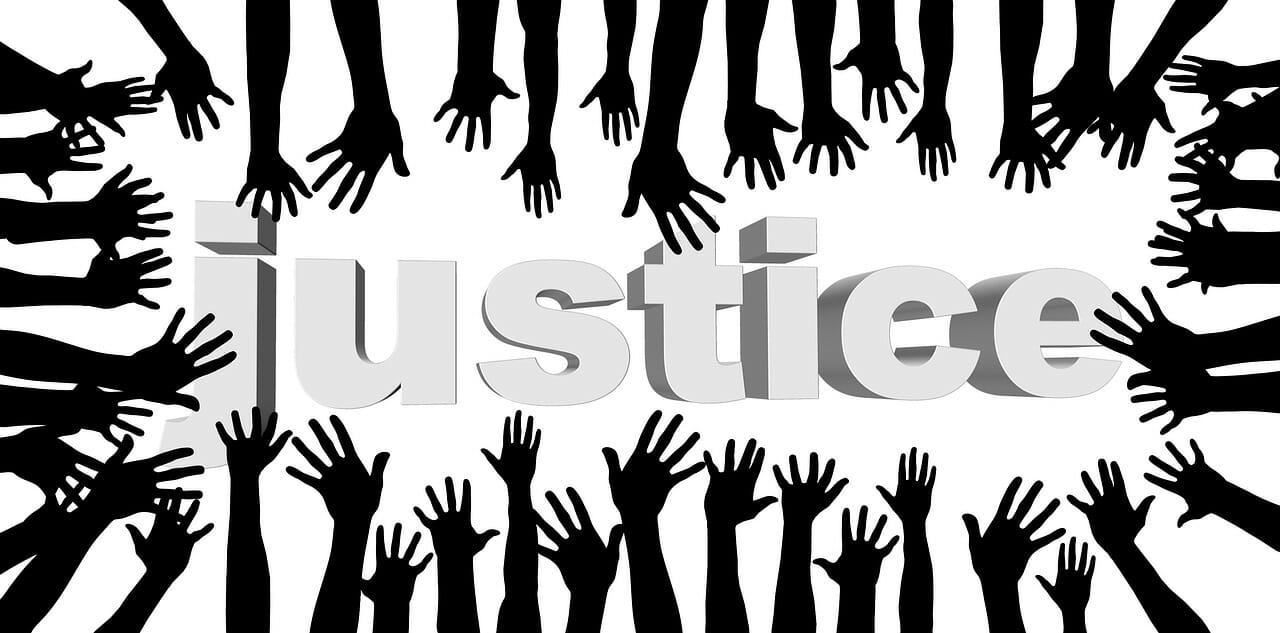
When it comes to creating a more equitable and just society, education is key. That’s where the best social justice courses and classes come in. But what exactly is social justice? Social justice ensures that all people have the same opportunities, rights, and treatment. It’s about creating a level playing field for everyone, regardless of race, gender, ethnicity, or any other social identifier.
In today’s world, social justice education is more important than ever. With issues like systemic racism, economic inequality, and gender discrimination making headlines daily, it’s clear that society still has a long way to go. By taking social justice courses and classes, you can deepen your understanding of these complex and important issues and learn how to effect positive change in your communities.
But what are the best social justice courses and classes out there? From racial justice and gender studies to human rights and environmental justice, there are a wealth of options to choose from. This article will explore some of today’s most engaging and informative courses and classes. Therefore, you can start your journey toward a more just and equitable society.
Contents
- 1 Exploring Intersectionality: 7 Best Social Justice Courses And Classes
- 1.1 ① Social Justice Advocacy 101
- 1.2 ② Human Rights: A Basic Course
- 1.3 ③ Inclusive Leadership: Working with Equality and Diversity
- 1.4 ④ Inclusion, Equality, and Belonging
- 1.5 ⑤ Social Work 202 – The Foundations of Social Work
- 1.6 ⑥ Criminal Justice: An Introduction
- 1.7 ⑦ Towards an Understanding of Social Movements
- 2 Frequently Asked Questions
- 2.0.1 Q: How can social justice education contribute to meaningful social change and foster a more equitable society?
- 2.0.2 Q: How does social work practice effectively address public interest concerns and promote community well-being?
- 2.0.3 Q: What does social science and political science have in common?
- 2.0.4 Q: Does social justice studies include topics from other disciplines?
- 3 Final Words
Exploring Intersectionality: 7 Best Social Justice Courses And Classes
Online education has opened up a whole new world of learning opportunities. Here are seven of the best social justice courses and classes you can take online:
① Social Justice Advocacy 101
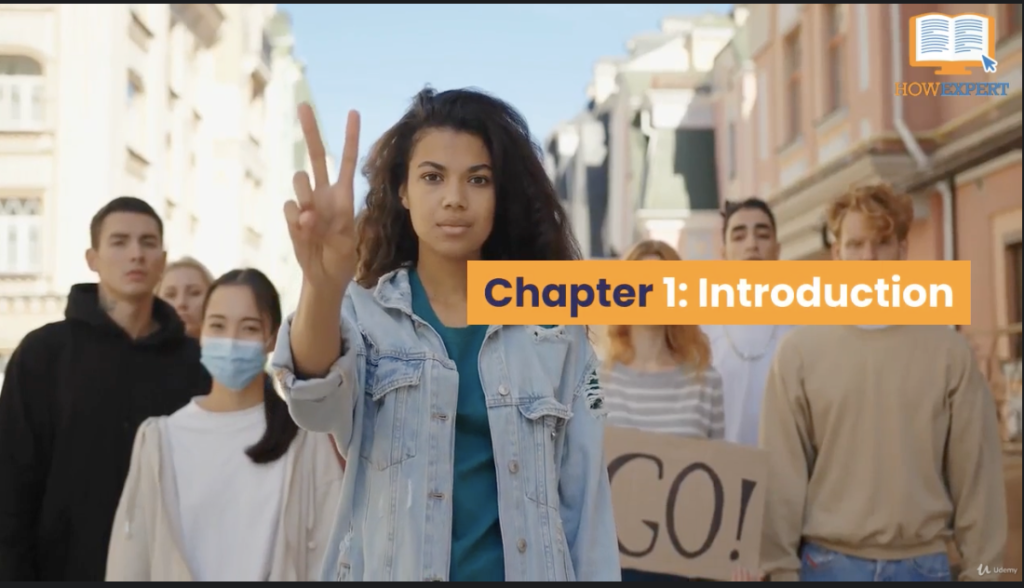
Have you ever wondered how to become a social justice advocate and make a real difference? Look no further than the Social Justice Advocacy 101 course!
In this course, you will learn everything about becoming a social justice advocate from A to Z. More than just a theoretical overview, this course delves into practical strategies and tactics that you can use to make a real impact in your community.
Throughout the course, you will develop a deep understanding of the key social justice issues we face today, including racism, sexism, ableism, and more. You’ll also learn how to effectively communicate and collaborate with others, build effective campaigns and movements, and leverage your voice and influence to create systemic change.
But this course isn’t just about empowering you as an individual – it’s about building a stronger, more just, and equitable society for everyone. That’s why you’ll also gain a deep understanding of social institutions’ role in creating and maintaining inequality, as well as strategies for challenging and transforming those institutions.
Course Content: 1 section • 13 lectures • 2h 46m total length
Rating: 4.5
Instructor: HowExpert
② Human Rights: A Basic Course
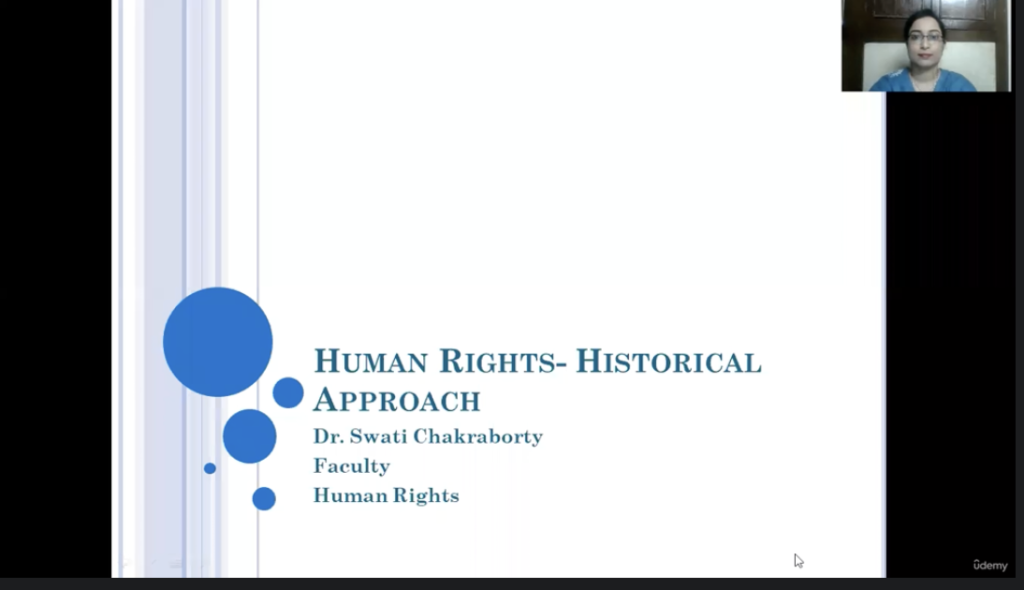
Are you interested in learning about human rights and international law? I highly recommend checking out the Human Rights: A Basic Course. This course is offered in both part-time and correspondence formats, making it convenient for almost anyone to take.
This course will equip you with comprehensive knowledge about human rights and serve as a solid foundation for those looking to pursue a career in this field. You’ll gain insight into the promising future of human rights and how you can make a difference in this important area.
The course covers a range of topics, including the history of human rights, international law, and civil society’s role in ensuring that human rights are upheld. Moreover, the knowledgeable and engaging instructors will give you a great learning experience.
Course Content: 2 sections • 10 lectures • 2h 17m total length
Rating: 4.5
Instructor: Dr. Swati Chakraborty
③ Inclusive Leadership: Working with Equality and Diversity
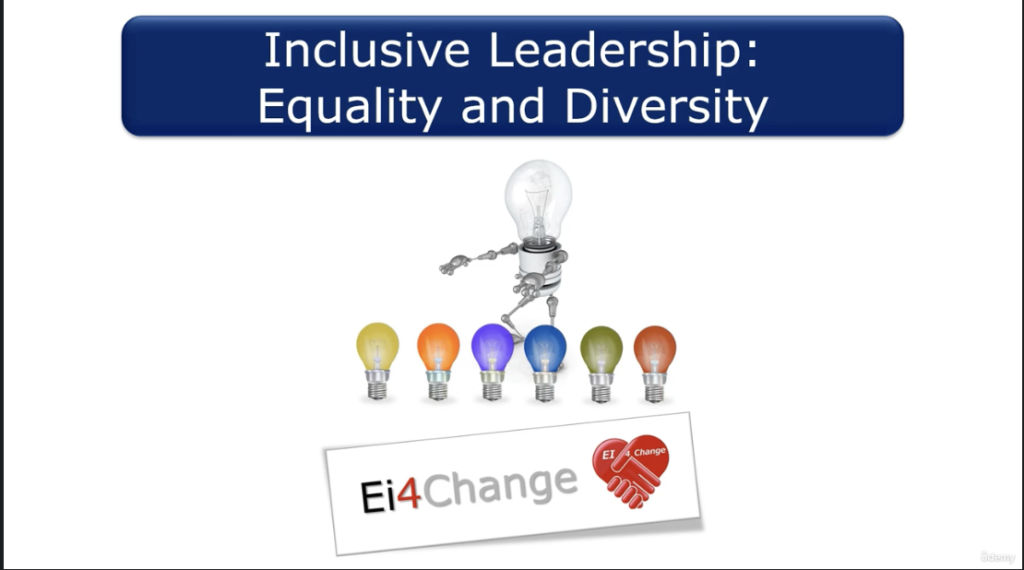
In this course, you will have the opportunity to explore how promoting equality, diversity, and inclusion can lead to significant improvements within the organizations that you work with.
One of the key takeaways from this course is learning how to cultivate the six essential characteristics of inclusive leaders. These characteristics include being curious, culturally competent, empowering, courageous, humble, and empathetic. By embracing these traits, you can become a more effective and inclusive leader, capable of fostering a work environment where everyone’s voices are heard and valued.
Another essential aspect of this course is the exploration of unconscious bias. We all carry biases, which can impact the way we work with others. However, by understanding how unconscious bias works and learning strategies for minimizing its impact, you can learn to work more effectively with individuals who exhibit bias. This will help build a more diverse and inclusive workplace, which can positively impact your overall business outcomes.
Course content: 10 sections • 57 lectures • 2h 51m total length
Rating: 4.5
Instructor: Robin Hills
④ Inclusion, Equality, and Belonging
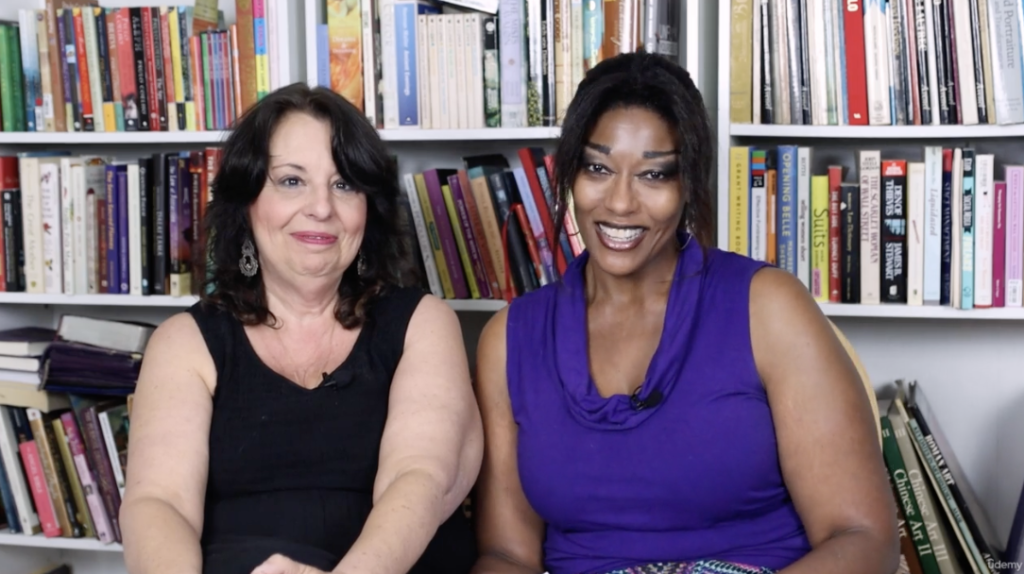
By completing this course and obtaining your Certificate of Completion, you’ll demonstrate impressive cultural competency that will catch the eye of employers. You’ll possess a deep understanding of inclusion, equality, and belonging that will inform your actions and decisions in all aspects of your life.
Their curriculum deepens into the socially constructed systems perpetuating oppression, patriarchy, racism, classism, gender biases, and heterosexism. You’ll uncover how these systems hold back marginalized individuals and communities and how you can be a change agent.
Moreover, you’ll gain the skills and confidence to create safe and welcoming spaces for everyone through interactive lectures, discussions, and practical exercises. Plus, you’ll learn how to be more aware of yourself and those around you, recognize and address bias, and build strong communities where everyone has a seat at the table.
Course content: 30 sections • 30 lectures • 42m total length
Rating: 4.7
Instructor: Donnalynn Scillieri, Gerri Budd
⑤ Social Work 202 – The Foundations of Social Work
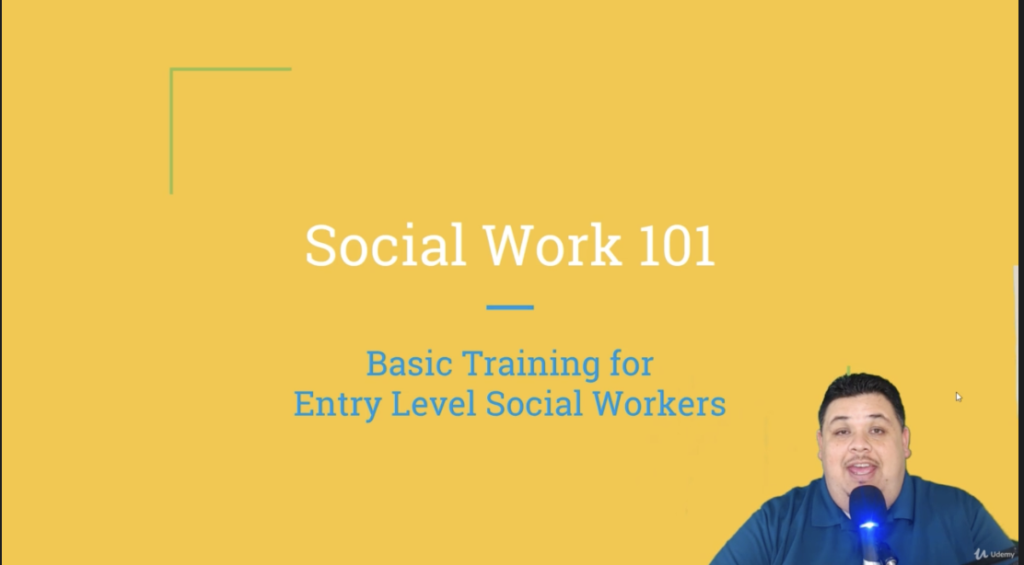
If you’re interested in Social Work, you should check out the “Social Work 202 – The Found” course! In this course, you’ll learn all about the basic principles at the heart of the Social Work profession. It’s a great way to get a solid foundation in this field!
You’ll also get the chance to explore the many different career paths available to those passionate about Social Work. Whether you want to work with children, families, or adults, there’s something for everyone in this field.
One of the things I found particularly helpful about this course was learning how to work with a wide range of clients. Social Work is all about collaborating with people from all walks of life, and this course will give you the skills you need to do that effectively.
Another important skill you’ll learn is setting boundaries with your clients. This is so important in any counseling or therapy relationship, and it can be tough to get right. But with the techniques you’ll learn in this course, you can establish and maintain healthy boundaries with your clients.
Course content: 6 sections • 28 lectures • 2h 33m total length
Rating: 4.7
Instructor: Ernesto Bejarano
⑥ Criminal Justice: An Introduction
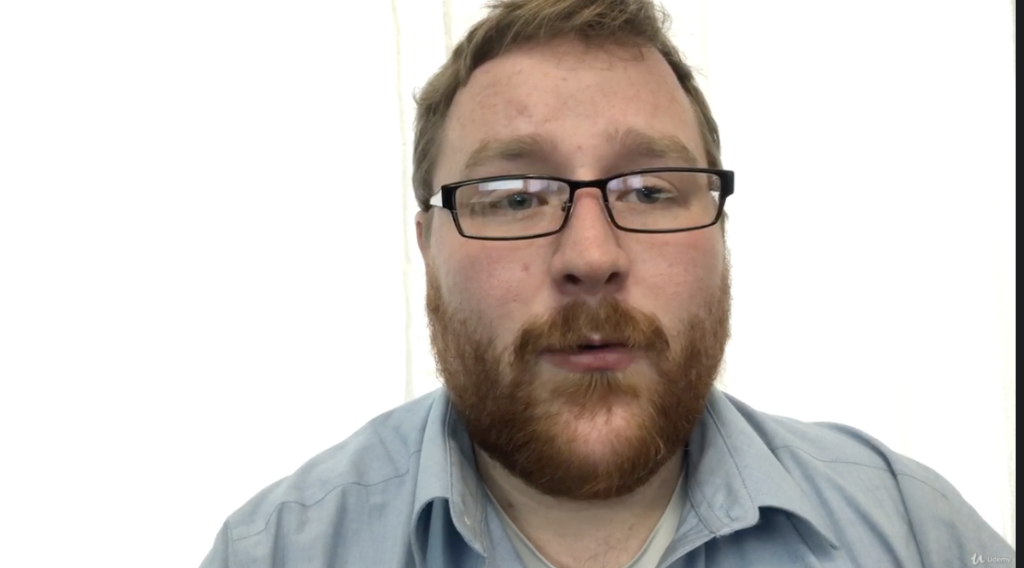
This course aims to help you grasp the fundamentals of criminal justice and the structure of its system. Throughout the course, you’ll learn about various aspects of criminal justice, such as criminology, victimology, legal principles, The Constitution, and The Bill of Rights.
One of the most significant advantages of this course is that it gives you a deeper understanding of legal principles and their underlying foundations. You’ll also become more familiar with The Constitution and The Bill of Rights, essential legal system components.
Now, let’s talk about criminology, which is a crucial part of this course. Criminology is the scientific study of crime, criminal behavior, and the social and economic factors that contribute to it. By taking this course, you will gain a comprehensive understanding of criminology and its role in the legal system.
Another fascinating aspect of this course is victimology. You’ll learn how to analyze the victims’ experiences and vulnerabilities and understand their critical role in the criminal justice system.
Course content: 5 sections • 23 lectures • 2h 1m total length
Rating: 4.3
Instructor: Jeffery Tapp
⑦ Towards an Understanding of Social Movements
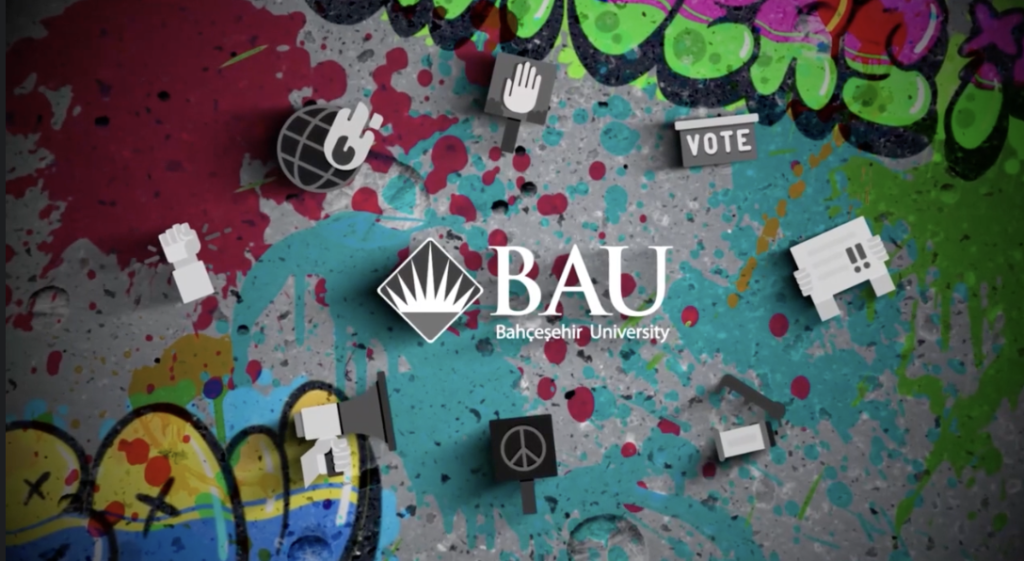
Are you interested in exploring the world of social movements and understanding them from a global perspective? Well then, you definitely need to check out the course “Towards an Understanding of Social Movements”!
This course is designed to equip you with the skills and knowledge you need to analyze social movements from a global viewpoint and scrutinize the factors that drive and sustain them. With this course, you’ll be able to assess the origins and progression of social movements within a historical framework, giving you a deeper appreciation of their impact on society.
Through a combination of lectures, case studies, and discussions, you’ll gain an in-depth understanding of the comparative significance of political, economic, and social factors in generating and maintaining social movements. This comprehensive exploration of social movements will enable you to identify patterns and themes that can help you better understand the role they play in shaping our world.
Course content: 13 sections • 82 lectures • 5h 51m total length
Rating: 3.6
Instructor: Bahcesehir University
Frequently Asked Questions
A: Social justice education is key to helping individuals develop the skills and knowledge necessary to identify, analyze and address social inequities. By teaching people about power dynamics, oppression, privilege, intersectionality, and other concepts associated with social justice, we can empower individuals to become activists for change. By learning about these issues more deeply in an educational context, individuals can gain the tools and resources to become effective agents of change in their communities.
A: Social work practice helps to address public interest concerns and promote community well-being by providing resources and support for those in need. This can include direct services such as mental health counseling, case management, crisis intervention, advocacy, or referrals to other needed resources. Social workers use their knowledge of psychosocial development, human behavior, and systems theory to assess individuals’ needs and create strategies for intervention and support.
A: Social and political science examines the actions and interactions of individuals, groups, organizations, and governments. Both fields rely on quantitative and qualitative research approaches to analyze societal trends, structures, and behaviors. Furthermore, social science and political science focus on identifying the causes of social issues and solutions that can bring about positive societal change.
A: Yes, social justice studies often incorporate knowledge from related disciplines such as psychology, sociology, and anthropology. By examining the intersections of different fields of study, social justice scholars can better understand how power dynamics shape people’s lives and access to resources.
Final Words
The best social justice courses and classes are truly transformative experiences. They open our minds to new perspectives and empower us to impact the world around us positively. These courses not only equip us with valuable knowledge but also inspire us to be agents of change in our communities. So, if you’re passionate about creating a more equitable society, I highly recommend diving into these courses – trust me, you won’t regret it.
We are committed to providing our users with unbiased and honest reviews of various courses to help them make informed decisions about their education. Our career roadmaps are tailored to specific industries, providing a clear path to success in various fields.
In addition to our course reviews and career roadmaps, we offer a wealth of articles covering a range of career-related topics, from resume writing to interview tips to workplace culture.
At coursetry.com, our mission is to empower individuals with the knowledge and resources needed to advance their careers and achieve their goals. Our platform is constantly evolving and expanding to better serve our users, and we are dedicated to providing the best possible experience for everyone who visits our site.







